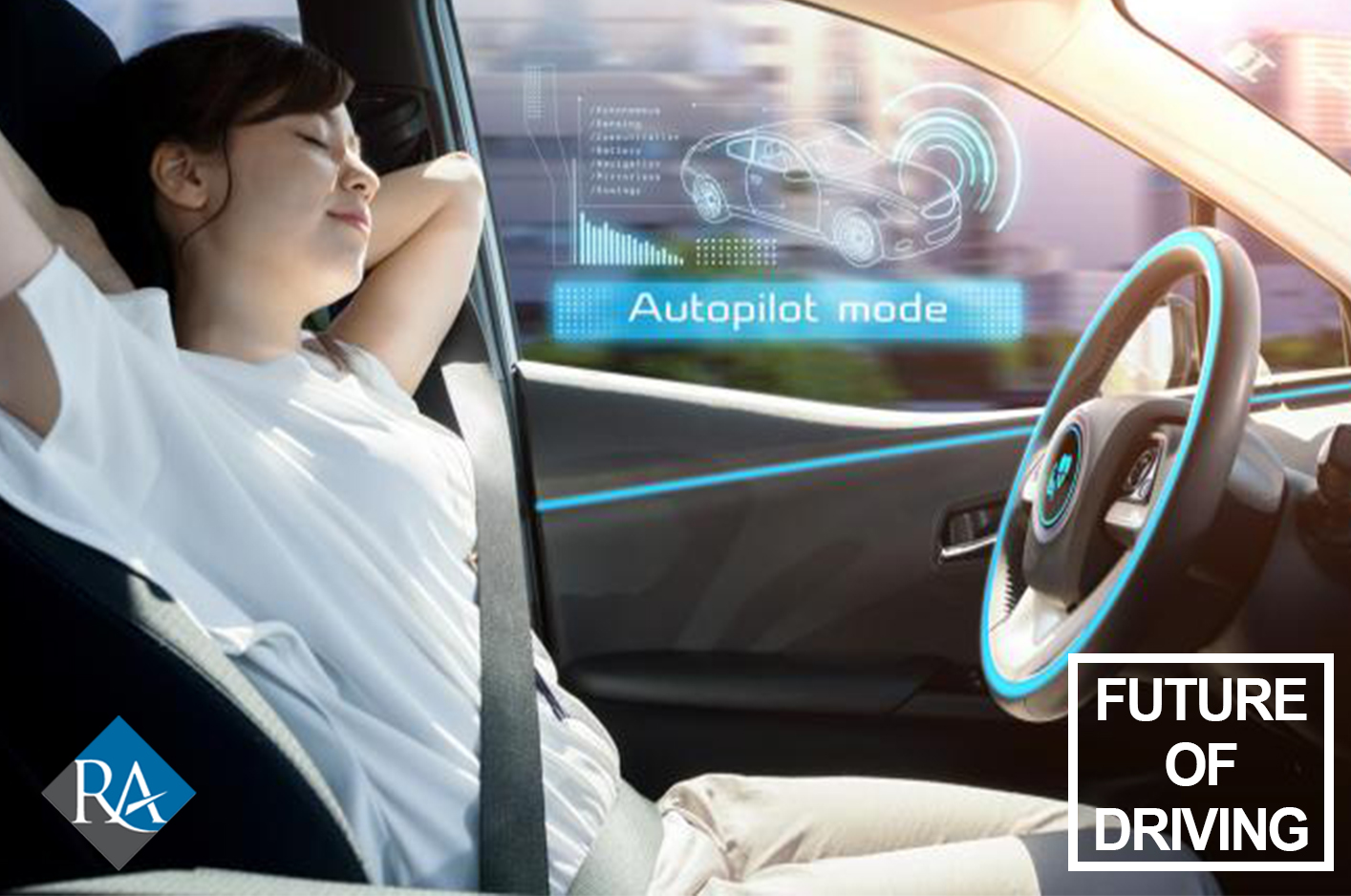
17 Apr How will self-driving cars affect insurance?
The problem of who is at fault and what is the cause of an accident in the case of self-driving cars is at the core of many important debates. Currently it is unclear when self-driving cars will become commercially available. However, it is safe to assume it won’t be long before self-driving cars are permitted on the highways.
The question remains, what will the insurance market be like when an autonomous vehicle may be the defendant in an accident case?
Last year, one of Uber’s autonomous test vehicles hit and killed a woman who was crossing the avenue outside of a crosswalk in Tempe, Arizona. This accident called attention to the legal issues that arise around autonomous vehicles.
The manufacturers and advocates of autonomous vehicles repeatedly argue that the accident rate is much lower with self-driving cars than human-driving cars. Human drivers caused 1.16 deaths per 100 million vehicle miles traveled in 2016, according to the National Highway Traffic Safety Administration (NHTSA). The only comparable statistic is the record of autonomous vehicles. Waymo, the former Google self-driving car research project reports that its fleet of vehicles have reached more than 5 million self-driven fatality-free miles on public roads.
Looking at the Future of Auto Liability Insurance for Self-Driving Cars.
Major changes will have to come to the auto insurance industry as autonomous vehicles replace human drivers. The ability of the insurance industry to plan and invent new forms of auto insurance are limited. We simply do not have enough experience with the new ethics and the new forms of financial responsibility that these new developments will bring.
There have been several accidents among the Tesla vehicles in their “autopilot” mode, analysis generally places the blame on “human error.” Tesla, Google, Volvo, and Mercedes have publicly stated that they will assume liability if their vehicle’s technology is judged to be at fault for an accident. They are doing this partly to show their confidence in the technology. Modern auto liability insurance is generally formulated to simplify settlements and avoid lengthy settlements. The idea of manufacturers assuming liability may seem natural, the mechanics of proving cause of an accident, be it human error or machine error, may push the boundaries of existing auto insurance structure. Would a manufacturer’s product liability coverage cover all accidents related to a whole vehicle or would the manufacturer retain the right to sue component manufacturers and outside technology companies?
The Transition and Stabilization.
Areas of cyber hacking vulnerability, where and how the vehicle is used, and the physical build of the autonomous vehicle may go into the costing of auto insurance, instead of driver qualities, in determining insurance rates and costs. Gradually, as driverless cars come into use, new statistics will yield risk estimates which will require insurance laws to be changed. The process of insurance reconstruction will not be easy and fast. There may be a need for extensive tracking sensors in self-driving vehicles to determine if the artificial intelligence’s or the human driver’s participation should be faulted in case of an accident.
Most experts think that when autonomous vehicles enter the marketplace, there will be a flurry of insurance trial and error and legislation that will subside as the market stabilizes and the proportion of (what is now) conventional vehicles gets closer to zero. Autonomous vehicles will work better when traffic systems are developed. The problems that sometimes develop with them often occur because there are human drivers and autonomous cars on the roads at the same time. As self-driving cars become the majority mode of transportation, most experts predict that the rate of accidents will sharply decline. Many experts feel that these questions will become increasingly moot as the engineering systems normalize and automobile owners start to enjoy the safety of autonomous driver systems and newly engineered road systems.
The economics of the insurance industry could be another issue from a corporate standpoint. It is almost certain the rate of collisions will go down once the roads and highways are under the systematic discipline of self-driving cars. This could lead to an economic and business collapse for the insurance industry unless additional insurance demand is created.

Sorry, the comment form is closed at this time.